(Swedish) death or (Norwegian) black?

Sabbath, Maiden or Priest?
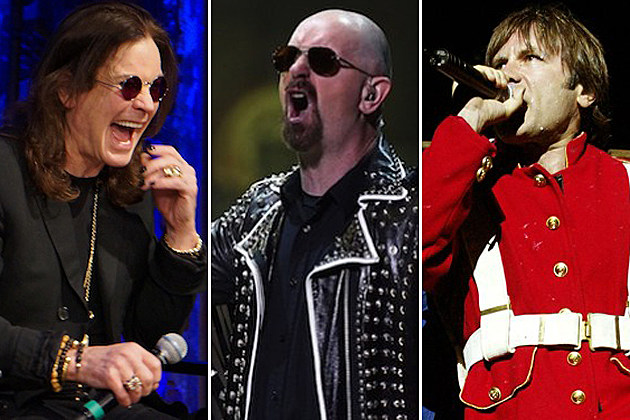
Metallica or Megadeth?
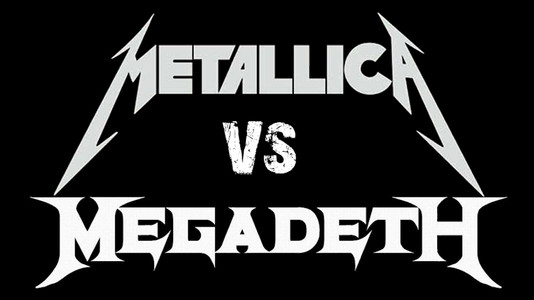

To core or not to core, that is the question.


Satan: good, bad, or not real?


"No, you buffoon! [x band] plays [y subgenre], not [z subgenre]!"

Whether or not these ubiquitous questions and statements are always answered amicably or accepted definitively is quite beside the point. The responses to such things are not particularly important, contrary to what many would have you believe. The overarching theme here is that there is a mentality of seeking to establish forced hierarchies in the metal community, mostly between subgenres and between bands. The culture is such that contrarianism is consistently mistaken for individualism. Some metalheads take perverse pride in enjoying hotly debated music that other metalheads don't consider to be metal. On the flip side, many metalheads put their preferred bands and subgenres on an impossibly high pedestal and refuse to let anything approach it.
However, one thing that has been consistent about the evolution of metal is that it has been largely rooted in the traditions of western music, both art and popular. In the last two decades, after the main subgenres had been firmly established, there has been interest in infusing traditional melodies with the music in the form of folk metal, but even within this subgenre, it has mostly been an eclectic but consistent mix of occidental cultures (Celtic, Iberian, Scandinavian, Germanic, Slavic) trying to honour their roots through the dissonant sound of metal.
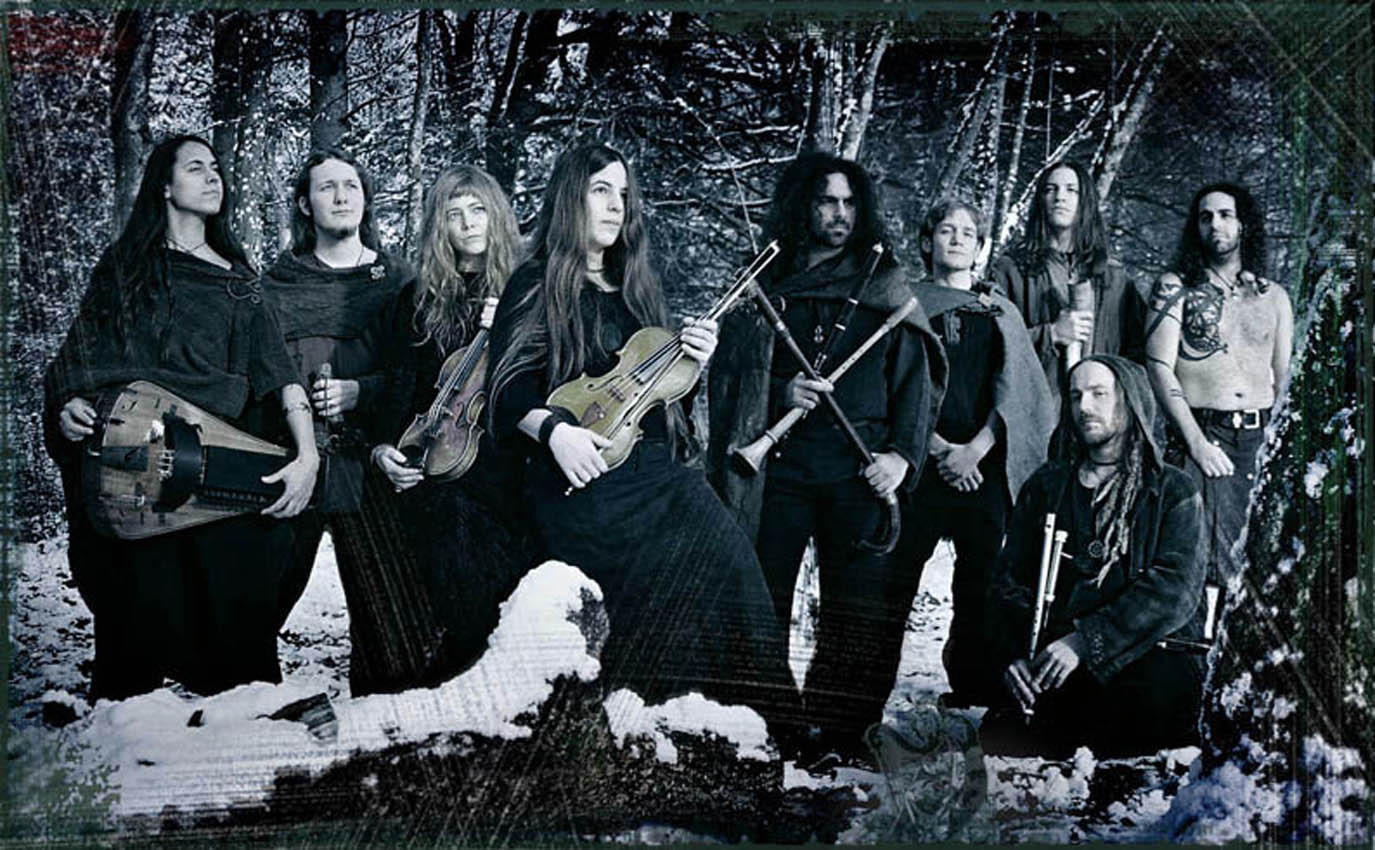
So what happens when metal crosses over to the Orient? At first, not much.
The majority of metal bands from Asia merely play music in the same style as their American and European counterparts. Well-known names like Dir En Grey, X Japan, and Artcell fall into this category. While some of them experimented with their music in the sense of leaving the bounds of what is traditionally considered "metal" and incorporating (usually) softer sounds, there was never much that pegged their sound as uniquely "eastern".
However, parallel to the development of those bands, and perhaps lagging slightly behind, another style began to emerge. Starting with pioneers in the vein of Tang Dynasty, metal bands in the east began to include traditional melodies, instruments, lyrics, and vocal styles from their own cultures to the mix. It can be hard to classify all of them as the degree to which they use traditional elements varies widely, but what follows are several examples of prominent cases that I believe the larger metal world needs to see.
Black Kirin, from Changchun, China.
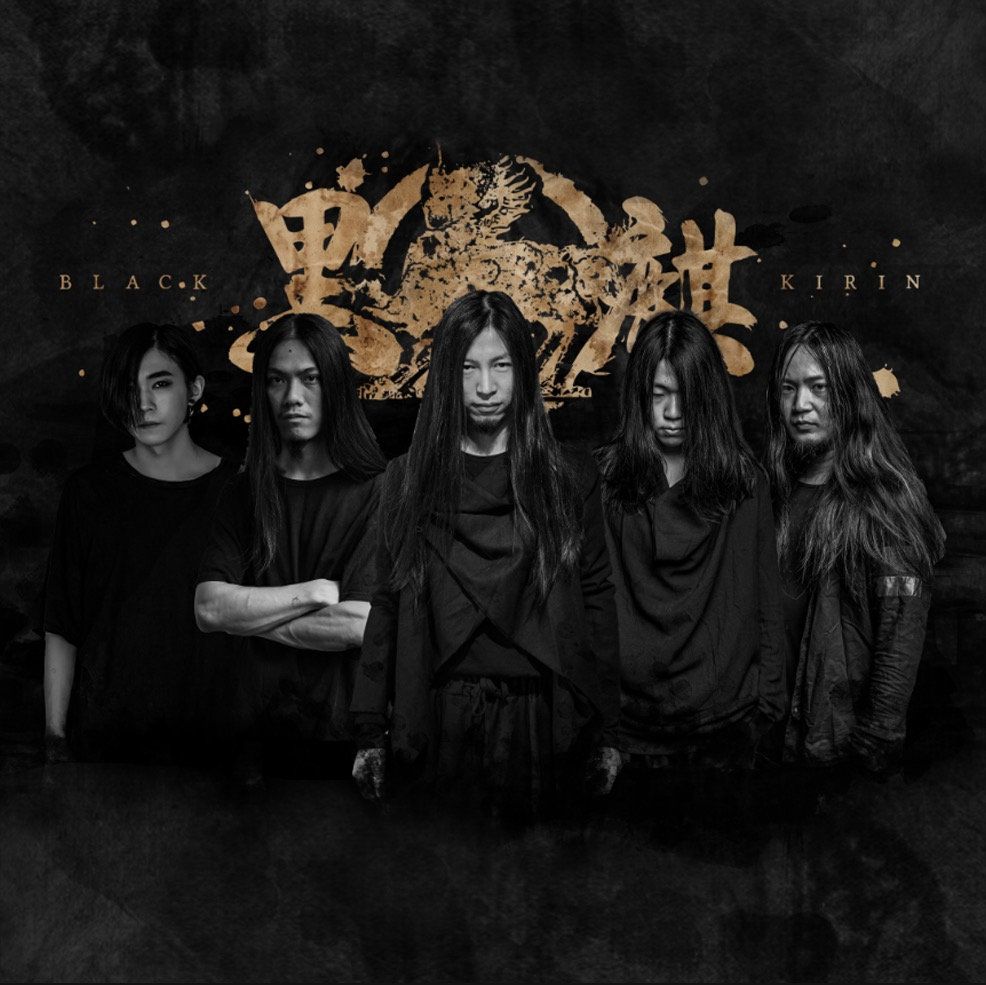
WagakkiBand, from Japan
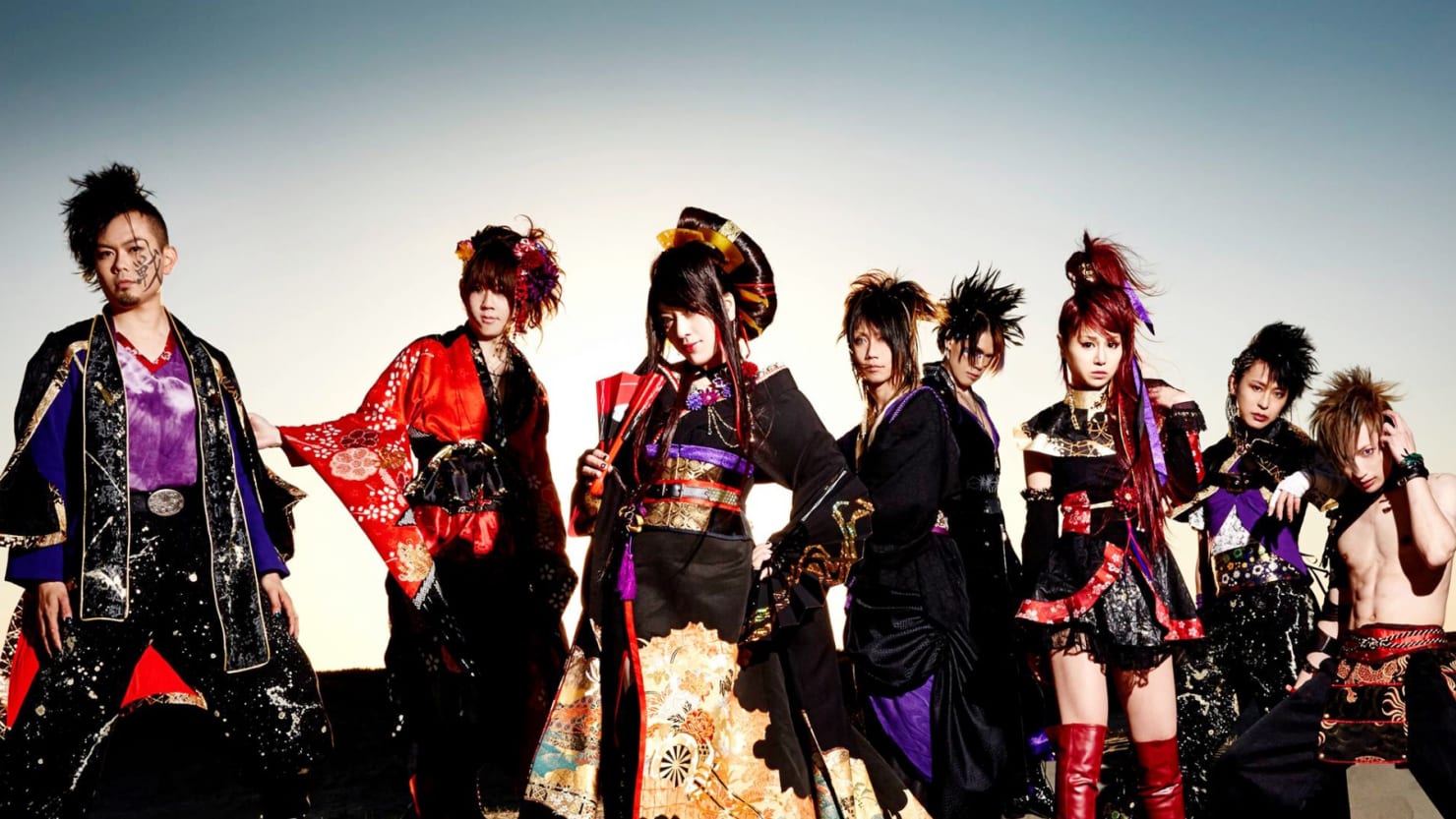
Voodoo Kungfu, originally from Beijing, now based in L.A.

Nine Treasures, from Inner Mongolia
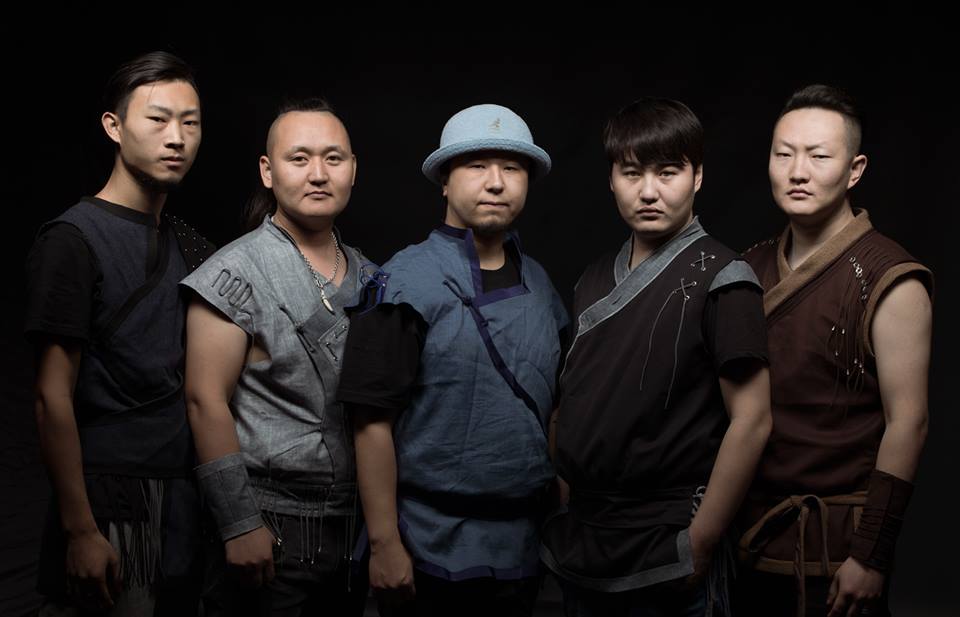
Gostwind, from South Korea
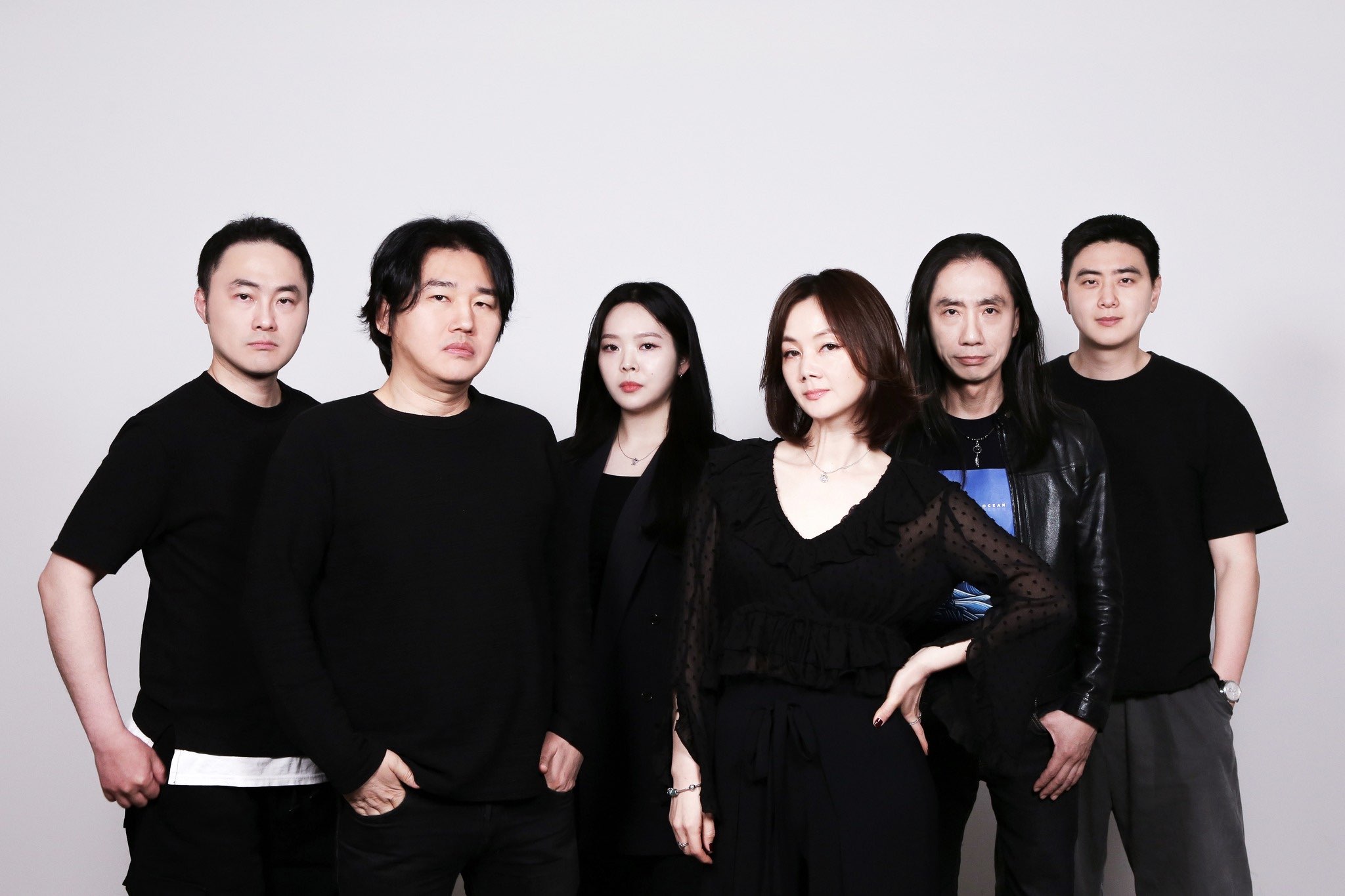
So, back on topic. What happens when metalheads stop trying to make everything a "this vs. that" discussion?
Some good shit.
However, one thing that has been consistent about the evolution of metal is that it has been largely rooted in the traditions of western music, both art and popular. In the last two decades, after the main subgenres had been firmly established, there has been interest in infusing traditional melodies with the music in the form of folk metal, but even within this subgenre, it has mostly been an eclectic but consistent mix of occidental cultures (Celtic, Iberian, Scandinavian, Germanic, Slavic) trying to honour their roots through the dissonant sound of metal.

So what happens when metal crosses over to the Orient? At first, not much.
The majority of metal bands from Asia merely play music in the same style as their American and European counterparts. Well-known names like Dir En Grey, X Japan, and Artcell fall into this category. While some of them experimented with their music in the sense of leaving the bounds of what is traditionally considered "metal" and incorporating (usually) softer sounds, there was never much that pegged their sound as uniquely "eastern".
However, parallel to the development of those bands, and perhaps lagging slightly behind, another style began to emerge. Starting with pioneers in the vein of Tang Dynasty, metal bands in the east began to include traditional melodies, instruments, lyrics, and vocal styles from their own cultures to the mix. It can be hard to classify all of them as the degree to which they use traditional elements varies widely, but what follows are several examples of prominent cases that I believe the larger metal world needs to see.
Black Kirin, from Changchun, China.

WagakkiBand, from Japan

Voodoo Kungfu, originally from Beijing, now based in L.A.

Nine Treasures, from Inner Mongolia

Gostwind, from South Korea

So, back on topic. What happens when metalheads stop trying to make everything a "this vs. that" discussion?
Some good shit.






